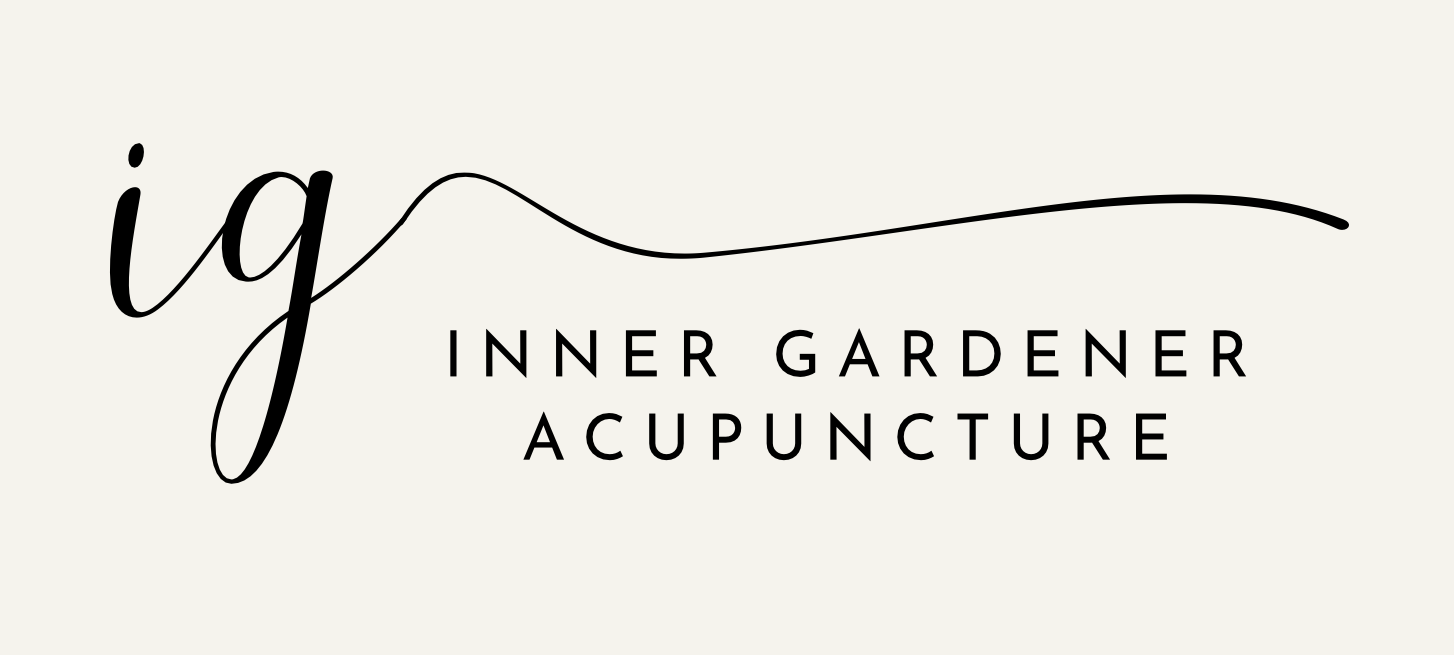Yin and Perimenopause
In Traditional Chinese Medicine, Yin and Yang represent complementary forces. Yin embodies coolness, nourishment, substance, and rest, while Yang represents warmth, activity, and function.
Think of Yin as the root or “soil” that supports growth, and Yang as the “sunlight” that activates and energizes. When Yin and Yang are in harmony, the body functions smoothly.
Qualities and Functions of Yin
Moistening & Cooling: Blood and fluids nourish tissues, lubricate joints, and cool internal heat.
Substance & Structure: Yin provides the physical material—blood, Essence (Jing), and body fluids—that underlie all physiological processes.
Rest & Recovery: Yin allows the body to rest, repair, and build reserves. When Yin is ample, we sleep well, think clearly, and enjoy emotional balance.
Why Yin Matters in Perimenopause
Menopause (and the transitional phase of perimenopause) is closely tied to the Kidney system in TCM.
As you step into your “second spring,” your body’s cool, nourishing foundation (what we call Kidney Yin) naturally begins to ebb. Imagine a gentle pond whose waters slowly recede—when the water level drops, the surrounding earth becomes more vulnerable to the sun’s warmth. In this same way, as Yin diminishes, you may feel more prone to hot flashes, joint pain, night sweats, or restlessness.
This shift isn’t a loss; it’s a signal that your hormone focus is moving away from fertility and toward longevity and preservation. Though the internal landscape is changing, there’s strength in tending to your Yin. Through nourishing foods, restful routines, and supportive self-care—so you can bloom into this new phase with grace and resilience.
When Yin decreases, Yang can become relatively excessive. Without sufficient Yin to anchor and balance it, internal heat signs emerge.
Symptoms of Yin DEFICIENCY
Hot Flashes & Night Sweats: Sudden surges of heat due to insufficient Yin “water” to cool the internal fire. Changes in temperature throughout the day and night are common.
Insomnia or Restless Sleep: Restlessness or waking up frequently in the night.
Dryness (Skin, Vagina, Throat): Loss of Yin fluids means tissues that need lubrication become dry.
Anxiety, Irritability, Mood Swings: Yin is related to hormones, and these shifts can cause changes in emotional resilience.
Achey and stiff joints: Yin nourishes and lubricates the synovial fluid. This is the fluid that gives fluid movement and health of joints.
How can we support Yin?
Restorative Sleep Rituals:
Establish a regular bedtime, dim lights an hour before sleep, and consider a gentle stretching or qigong practice to calm excess Yang.
Mindful Stress Reduction:
Practices like guided meditation, yin yoga, or deep‐abdominal breathing help preserve Yin by moderating overactive Yang.
Moderate Exercise:
Brisk walking or gentle swimming supports healthy circulation without overtaxing Yin reserves. Avoid intense cardio workouts.
Acupuncture & Herbal Support
Key Acupuncture Points (examples):
Kidney 3 (Taixi): Nourishes Kidney Yin and anchors Yang.
Spleen 6 (Sanyinjiao): Supports Spleen and Kidney Yin, harmonizes lower burner.
Ren 4 (Guanyuan): Strengthens Original Qi and replenishes Yin.
Kidney 6 (Zhaohai): Nurtures Kidney Yin and benefits the throat.
Herbal Formulas (examples):
Liu Wei Di Huang Wan (Six‐Ingredient Rehmannia Pill): Classic formula to tonify Kidney Yin. Symptoms might include, lower back soreness, knee aches, thirst, dry mouth, dry skin, light headedness, insomnia, hearing loss, ringing in ears, hormone imbalances.
Zhi Bai Di Huang Wan (Anemarrhena & Phellodendron with Rehmannia Pill): For Yin deficiency with more pronounced heat signs such as night sweats, dry mouth, steaming bone, hypertension, restless sleep, ringing in ears, hormone imbalances.
Tian Wang Bu Xin Dan (Heavenly Emperor’s Heart‑Nourishing Elixir): Nourishes Heart and Kidney Yin to calm the spirit—ideal for insomnia, irritability, anxiety, constipation, emotional imbalances and hormone changes seen in perimenopause.
As Yin is supported, you’ll likely notice fewer hot flashes, calmer sleep, and less dryness. Acupuncture encourages blood and body fluid production, clears excess heat, and soothes the nervous system.
Regular acupuncture sessions act like a primer to redirect your hormonal focus from fertility toward inner balance—helping you move into this new chapter with ease.
Goal = Replenish & Protect Yin
Through diet (moist foods, herbs), lifestyle (restful sleep, stress reduction), and acupuncture/herbs, you can slow Yin depletion, soothe heat, and reduce perimenopausal symptoms.
you know that saying “burning the candle at both ends”—-We are not doing that in this phase of life!
Add Clarity with the DUTCH Test + AcupuncturE
The DUTCH Test offers a detailed look at your hormone metabolites—estrogen, progesterone, cortisol—providing a hormone-spike snapshot.
DUTCH test reveals key hormonal shifts during perimenopause, including low progesterone metabolites, which explain symptoms like anxiety, insomnia, and irregular cycles. It also shows how estrogen is being detoxified—helping identify imbalances that can lead to weight gain, breast tenderness, or mood swings. Lastly, it maps cortisol rhythms, offering insight into stress-related fatigue, sleep issues, and adrenal function—guiding acupuncture and herbal support for a smoother transition.
Together, acpuncture and the Dutch test can help you understand this phase of life, and make the necessary supportive changes. Ready to explore more? Book a session today.
